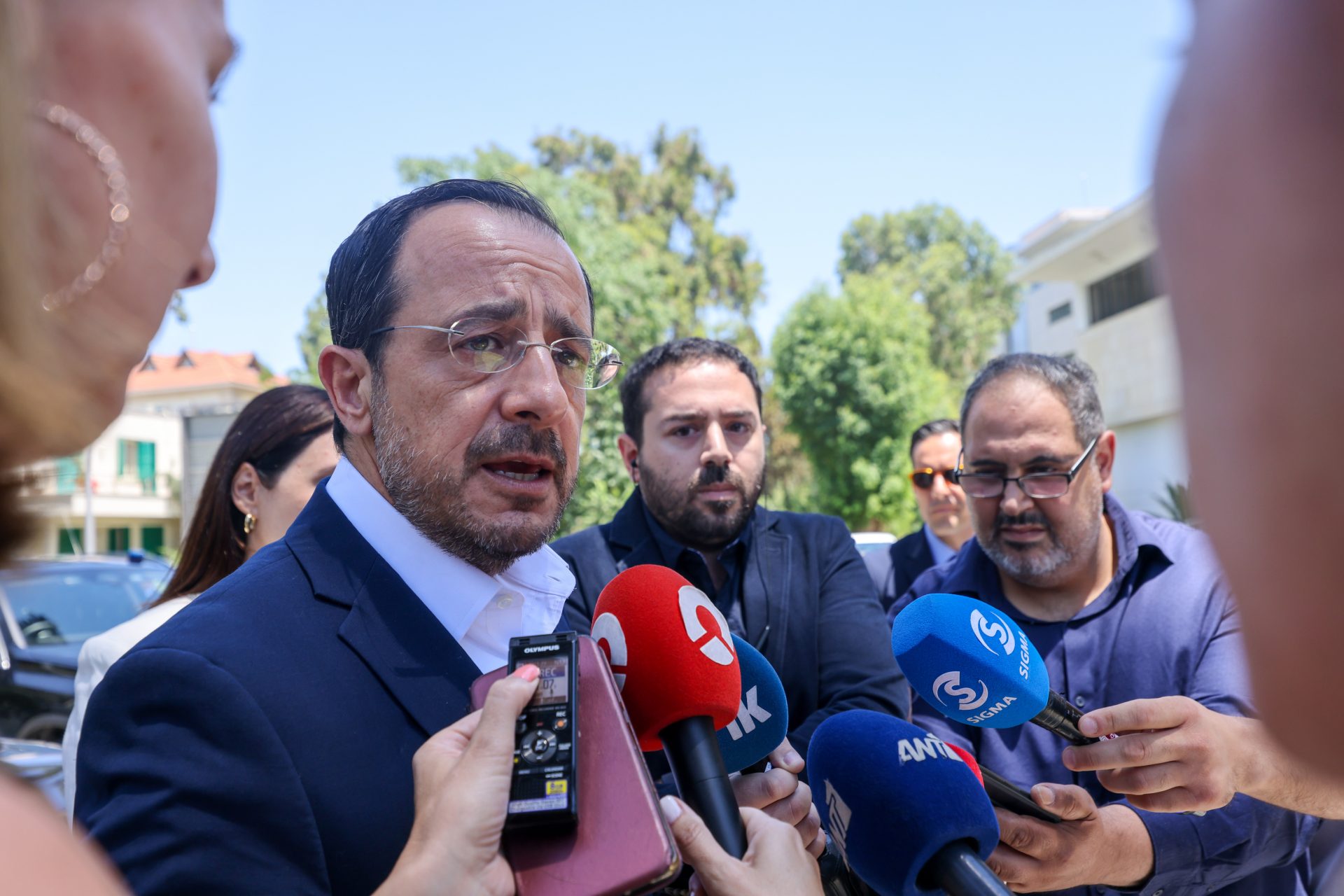Reflects apathy in real search for solution to the Cyprus problem
The muted reaction in the Republic to the arrest of the five Greek Cypriots in the north last month on trumped-up charges came as a surprise. If this had happened 10 years ago, there would have been universal outrage, political parties would have called for retaliatory measures while newspapers would have featured scathing attacks on the occupation regime.
Even after a court in the north issued a three-month remand order against two of the Greek Cypriots there was not much of a reaction. One or two articles appeared in the press while Edek and Elam urged the government to close all the crossing points as a retaliatory measure. Their plan had no takers, and the government gave assurances that it had no intention of closing any crossings. It had reported the unlawful detentions to the UN Secretary-General, the Security Council and the EU and was “discreetly by their side, making every effort to have them released.”
Some strong rhetoric was also used by the government spokesmen who talked about the “kidnapping” of the Greek Cypriots by the pseudo-state. President Christodoulides also feeling obliged to say something, described the arrests as an “illegal, pirate, fascistic decision by the occupation regime.” Once it fulfilled its rhetorical obligations, the government forgot about its unfairly jailed citizens, not wanting to bring attention to the matter as it was partly responsible for what happened.
The detention of the five was a clear case of tit-for-tat after the arrests and the putting on trial of foreign nationals for their involvement in the development of Greek Cypriot-owned land in the north. Turkish Cypriot leader Ersin Tatar had been protesting about these arrests for months, bringing the matter up in meetings with UN officials, including Secretary-General Antonio Guterres. He had accused the Cyprus government of “implementing a policy of arrest and intimidation” and of “illegally collecting information, documents and technical data from our country to strengthen its hostile policies.”
Having failed to get anywhere through diplomatic means, he took retaliatory action, although he insisted the arrests were justified and he had nothing to do with them. There was rule of law in the north and an independent judiciary, he said in response to Christodoulides’ jibe about a “pirate” act. His rule of law argument failed to convince. Former Turkish Cypriot leader Mehmet Ali Talat questioned the length of the remand orders against the Greek Cypriots, saying “I’ve only seen three-month remands for murderers.”
Christodoulides has been aware that this could happen but seems to be of the view that the prosecution of foreign estate agents and a wealthy developer exploiting Greek Cypriot land would far outweigh any retaliatory action such as the imprisonment of five sexagenarian Greek Cypriots, who had committed no crime. He made the right calculation as the muted reaction in the republic showed – it was almost as if there was a ‘serves them right for going to the north’ attitude among the public. Meanwhile, last weekend Christodoulides discouraged crossings telling “our Greek Cypriot compatriots who consider it necessary to go to the occupied territories to be doubly and triple careful at this time when we are witnessing this piratical behaviour by the occupation regime.”
There are now rumours that the Cyprus government has also allegedly prepared a list with names of Turkish Cypriot contractors who are involved in construction on Greek Cypriot land in the north so they could be arrested if they cross south. Such a list might not exist, but Turkish Cypriot contractors are reportedly not taking any chances. If it exists, it would suggest that Christodoulides has given up on the settlement he regularly pays lip service to. If there are arrests of Turkish Cypriot contractors, they will be applauded by a section of the Greek Cypriots, but the resumption of talks that Christodoulides claims to want will never materialise. Our authorities can carry on arresting the usurpers of Greek Cypriot-owned land, inadvertently ensuring all Greek Cypriot properties will never be returned to their owners.
Talat stated the obvious when he said, “the property issue will never be resolved without a solution of the Cyprus problem.” And it will not be resolved by the arrests of a few foreign nationals either, as our government seems to believe.






Click here to change your cookie preferences